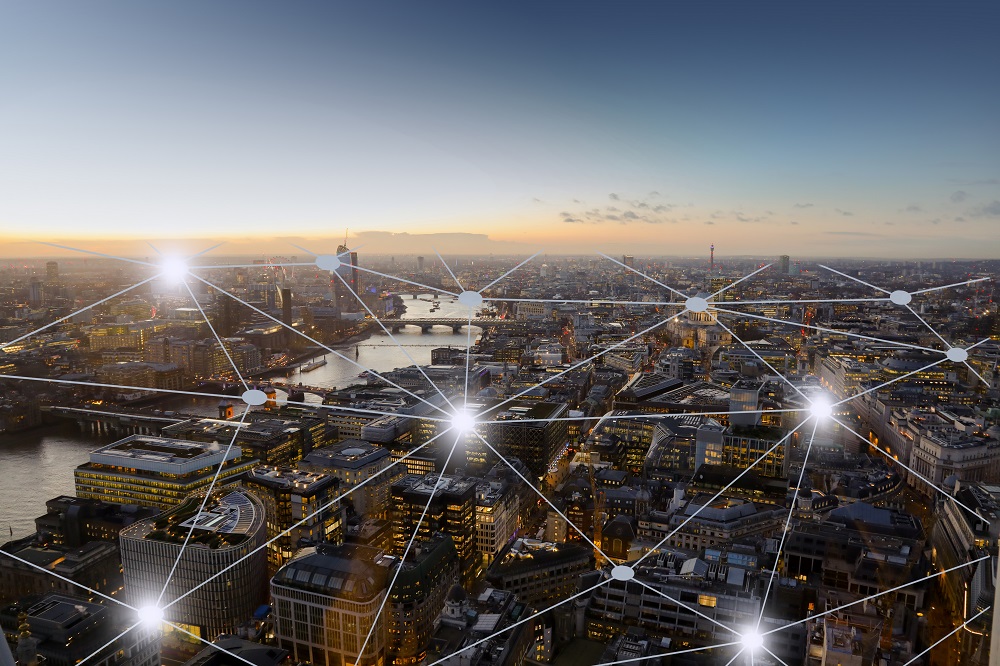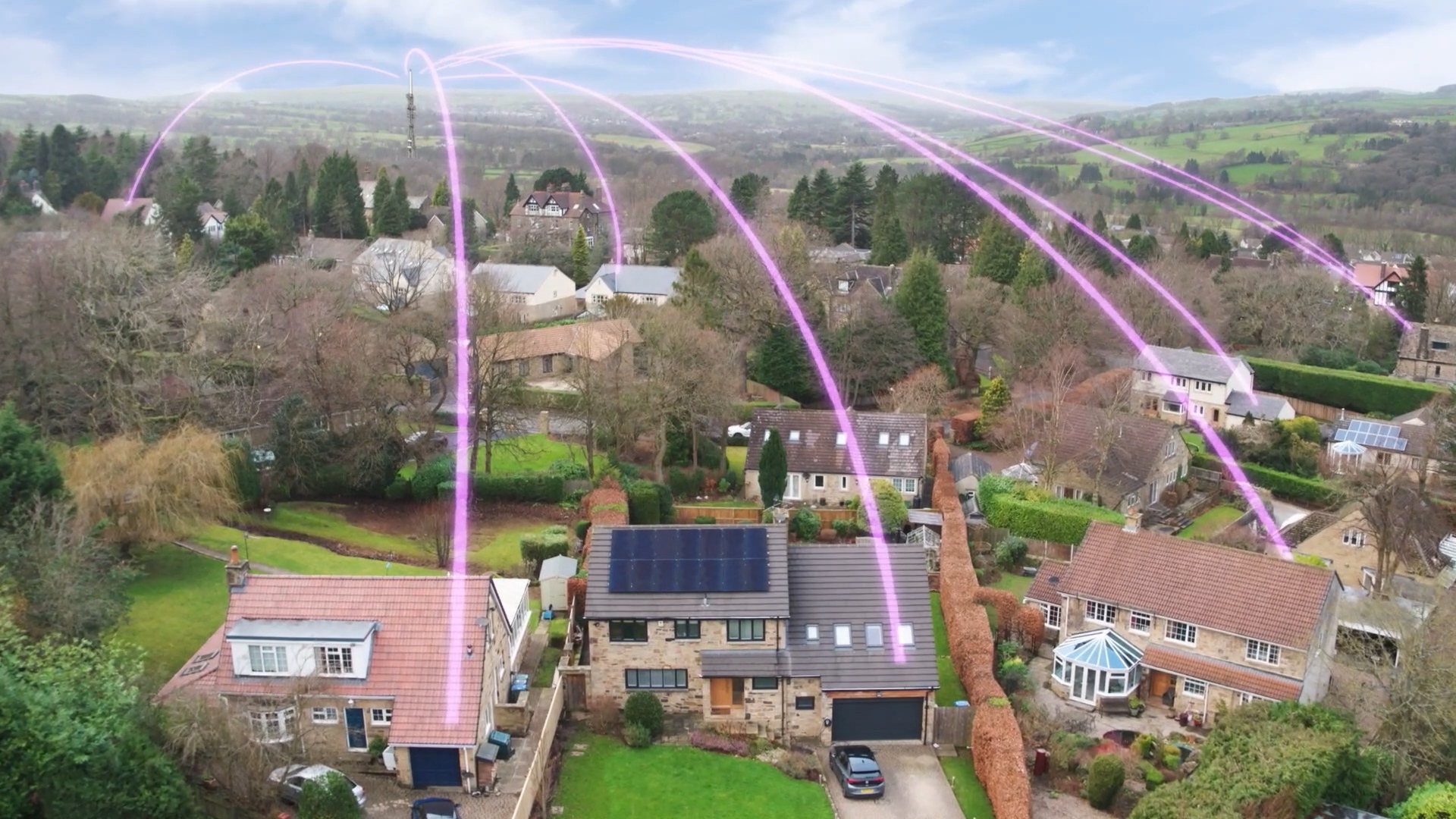We are entering a new era of ambition and urgency in policy making as government seeks to make rapid strides towards a clean, green power system by 2030.
Over the next five years, the sector will witness extensive change – with new organisations such as GB Energy coming into being, billions invested and the deployment of millions of smart, low carbon technologies. Data exchange is needed at an unprecedented scale to support the transition and deliver a low cost, low carbon future for everyone.
Through this period, the smart meter network operated by DCC will continue to form a critical, secure, highly stable, yet continually evolving component of the digital infrastructure.
As an organisation, we will be evolving too as we enter a new licence period.
Ensuring everyone has access to a smart meter and delivering a robust and stable service will remain our absolute priority. We know that this underpins the range of retail, network and other innovative propositions and services our customers are, and will, deliver.
But ensuring equal access to smart meters isn't enough to ensure a fair transition. Many people need more help, which is why, as we enter another difficult winter for many, we continue to consider how GB plc can maximise use of the smart meter system to help those most in need.
Working together to address fuel poverty
Three years on since energy prices began to surge, energy bills are still significantly higher than pre-crisis levels, and unprecedented levels of financial difficulty remain with 6 million homes estimated to be in fuel poverty. Not only is this is unacceptable from a social perspective, but, unaddressed, could also present a significant barrier to the transformation of our energy system.
Smart meters are an essential tool to tackle fuel poverty
Over 60% of British homes now have a smart meter installed. Recent media coverage has clearly highlighted the importance of accelerating the rate of installation and ensuring reliable communication with the DCC network.
For fuel poor households, the advantages of a shift to smart are significant - visibility of energy use, lowering bills; and for pre-payment meter users, cost and time savings through ability to top-up credit remotely as well as support when credit runs out.
In addition, insights from smart meter data - when used appropriately and securely - such as frequency of pre-payment meter top-ups, low or ‘exhausted credit’ alerts, can be combined with other datasets to help indicate areas of financial difficulty, that may otherwise remain hidden to policy makers.
The successful uZero project, delivered in partnership with UrbanTide demonstrated the value of this data and paved the way for further activity.
We are now collaborating with several organisations, including charities, universities and local authorities, who will use anonymised smart meter system data in carefully controlled ways to improve the accuracy and efficacy of fuel poverty intervention schemes.
This is being carried out with the approval of Ofgem and with support from several energy suppliers. Octopus Energy, who are supporting the project, said:
"We believe smart meters are fundamental to a greener, cheaper and fairer energy system transformation. In addition to smart tariffs and smart trials, we are delighted to provide this unique anonymised dataset to help us better understand how we can support vulnerable communities. We see this project as an opportunity to help improve industry processes and methods in identifying fuel poor households and delivering targeted support."
There is now a common consensus across industry, with Centre for Sustainable Energy, Public First, Scope, Fuel Bank Foundation and the Committee on Fuel Poverty to name a few, for better use and sharing of data in this way, to truly understand consumer needs and deliver more impactful, cost-effective intervention.
We will be setting out more thinking on this and the wider potential of the smart meter system in our forthcoming Fuel Poverty paper. In the meantime, we will continue our journey to make Britain more connected, so we can all live smarter, greener and ultimately fairer lives.

Stève Hervouet
Chief Strategy and Regulation Officer
Find out more






